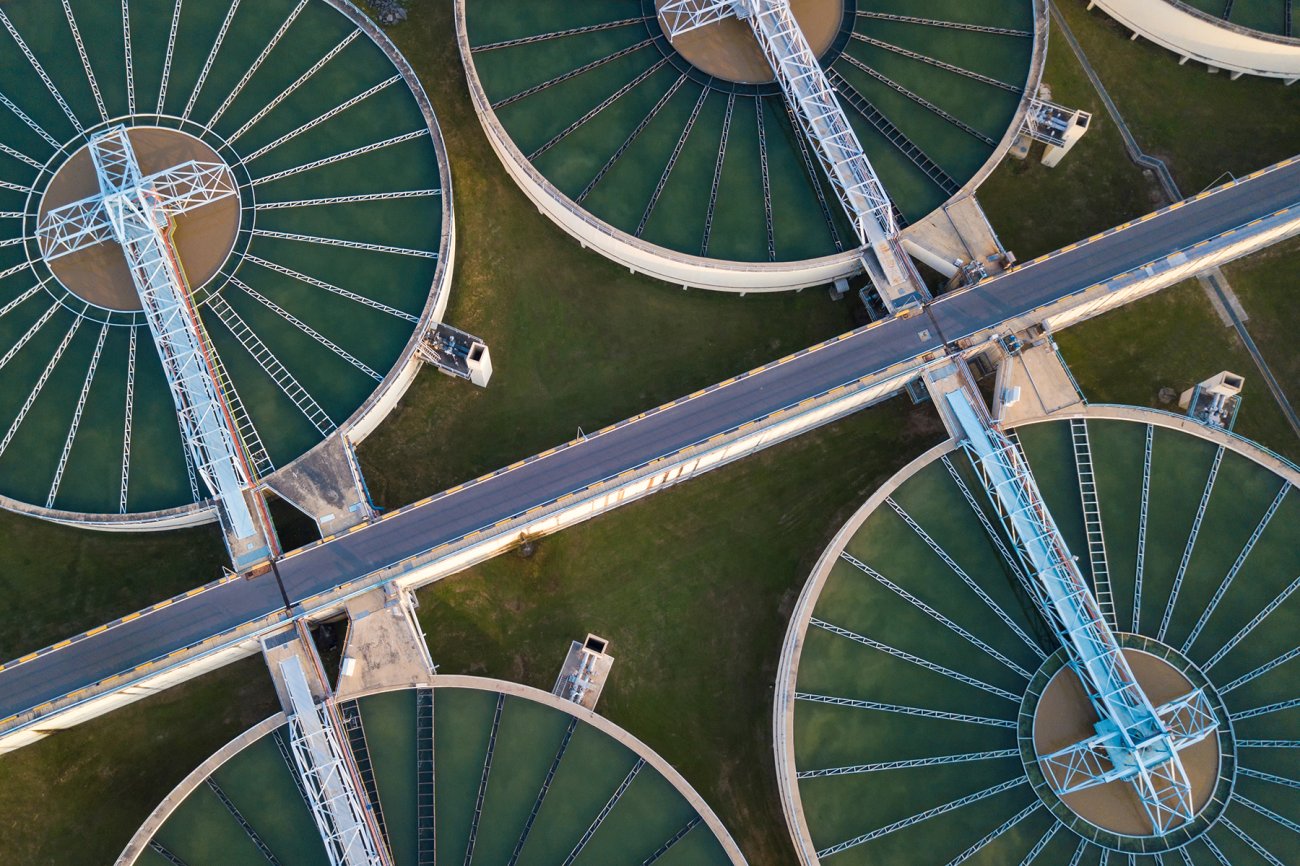The Basic Principles Of Reclaim Waste
The Basic Principles Of Reclaim Waste
Blog Article
Reclaim Waste Things To Know Before You Get This
Table of ContentsLittle Known Questions About Reclaim Waste.The Main Principles Of Reclaim Waste Fascination About Reclaim WasteSome Of Reclaim WasteThe Ultimate Guide To Reclaim Waste
Residential sewage waste refers to the waste and items from a property septic tank. The appropriate administration and disposal of residential sewage waste need fluid waste to be transferred to a sewage therapy plant where the proper techniques and equipment are used to detoxify and dispose of waste.
Industrial waste usually includes prospective hazards, such as flammable products or a combination of liquid and strong waste products, and calls for an advanced and comprehensive disposal procedure. The disposal of business waste normally involves the filtering of waste before transport to ensure secure and proper disposal. Industrial waste is produced from by-products and drainage of industrial processes and production.
This kind of waste can not use the very same sewage monitoring transport or procedures as septic or business fluids. The hazardous waste monitoring procedure calls for the inspection and testing of liquid waste before it goes through the disposal process (liquid waste disposal). Drainage waste is the liquid waste that comes from drainage and excess stormwater in very booming locations or cities
Overflow waste can create contamination and flooding if not taken care of correctly. Making certain correct waste administration can stop disasters and decrease ecological harm.
Some Ideas on Reclaim Waste You Should Know
Contact PROS Solutions today to find out about our waste administration and disposal solutions and the appropriate means to care for the liquid waste you generate.
(https://www.storeboard.com/reclaimwaste2)Do you know what takes place to your water when you pull the plug, purge the bathroom or drain the cleaning device? No? Well, it's worth recognizing. This supposed 'wastewater' is not just an essential resource yet, after treatment, will certainly be released to our land, rivers or the ocean. Utilized water from toilets, showers, bathrooms, kitchen sinks, washings and industrial processes is recognized as wastewater.

water used to cool equipment or tidy plant and devices). Stormwater, a kind of wastewater, is runoff that moves from agricultural and metropolitan areas such as roof coverings, parks, gardens, roads, paths and rain gutters right into stormwater drains, after rain. Stormwater moves neglected straight to local creeks or rivers, ultimately getting to the sea.
What Does Reclaim Waste Do?
In Queensland, a lot of wastewater is dealt with at sewage treatment plants. Wastewater is carried from domestic or industrial websites with a system of drains and pump stations, recognized as sewage reticulation, to a sewage treatment plant.
The Division of Natural Resources suggests regional governments about handling, operating and preserving sewerage systems and therapy plants. In unsewered areas, city governments might need householders to mount specific or family sewage therapy systems to deal with domestic wastewater from commodes, cooking areas, washrooms and washings. The Department of Natural Resources authorizes the usage of family systems when they are verified to be efficient.
Many stormwater obtains no treatment. In some new subdivisions, treatment of some stormwater to get rid of litter, sand and gravel has actually begun making use of gross pollutant catches. Wastewater therapy takes place in 4 phases: Gets rid of strong issue. Larger solids, such as plastics and various other things mistakenly released to sewage systems, are removed when wastewater is gone through screens.
Wastewater then streams into large containers where solids work out and are removed as sludge. Oil and scum are skimmed from the surface. Uses small living organisms referred to as micro-organisms to break down and eliminate remaining dissolved wastes and fine particles. Micro-organisms and wastes are included in the sludge. Eliminates nitrogen and phosphorus nutrients that could cause algal flowers in our waterways and threaten marine life.
Rumored Buzz on Reclaim Waste
Nutrient elimination is not available whatsoever sewer treatment plants since it requires costly specialised equipment. It is becoming much more common in Queensland. Clear liquid effluent produced after therapy might still have disease-causing micro-organisms. If this effluent is launched right into rivers such as rivers or the sea, the micro-organisms will ultimately pass away out.

This typically suggests wastewater has to be dealt with or impurities eliminated prior to it can be released to rivers. The majority of wastewater flows into the sewerage system. Under the Act, city governments administer authorizations and licences for environmentally pertinent tasks (Periods) entailing wastewater launches that could have a local impact. The division provides approvals and licences to ERAs including wastewater launches that may have a local or statewide effect.
Reclaim Waste - An Overview
Otherwise, samples are considered laboratory analysis. Commonly many tests are needed to establish the levels of Find Out More each of the various pollutants such as oils, hefty metals and chemicals in water. Surveillance provides factual information about water high quality and can verify that permit problems are being satisfied. The info gotten via surveillance provides the basis for making water quality decisions.
Report this page